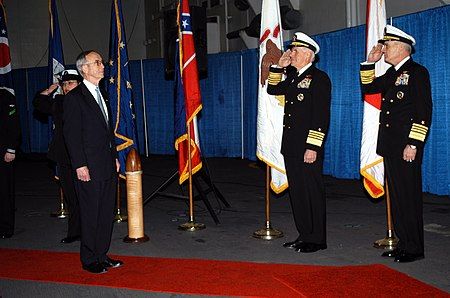Erosion of Civilian Control of the Military

Much has been recently written about the erosion of civilian control of militaries. A recent paper sheds light on how this phenomenon has developed in the United States over the past decades. As the US exports military expertise throughout the world, this attitude is increasingly seen in other countries.
The citations in the following paper can be explored for further thought on this subject. Weak political institutions and unnecessary military engagements seem to be the primary reason for military personnel's increasing contempt for civilian leadership.
An abstract of the recent research paper:
Civilian control of the military is central to the making of security policy, ensuring that civilian officials and the elected leaders that appoint them oversee and decide military affairs. This paper exposes a challenge to civilian control in the United States that originates in the disparaging attitudes military personnel hold toward civilian society. We argue that when military personnel view military culture as superior, they are more likely to view civilian political leaders as illegitimate and in turn to favor actions that undermine civilian control. We develop a typology of civilian control in which military officers can constrain, contest and limit civilian authority. Our empirical analysis provides strong and consistent evidence of the corrosive effects of military superiority on civilian control across three surveys of U.S. military personnel: the 1998-99 TISS survey of 2901 military officers, a 2014 YouGov of 275 veterans, and an original 2020 survey of 770 West Point cadets.